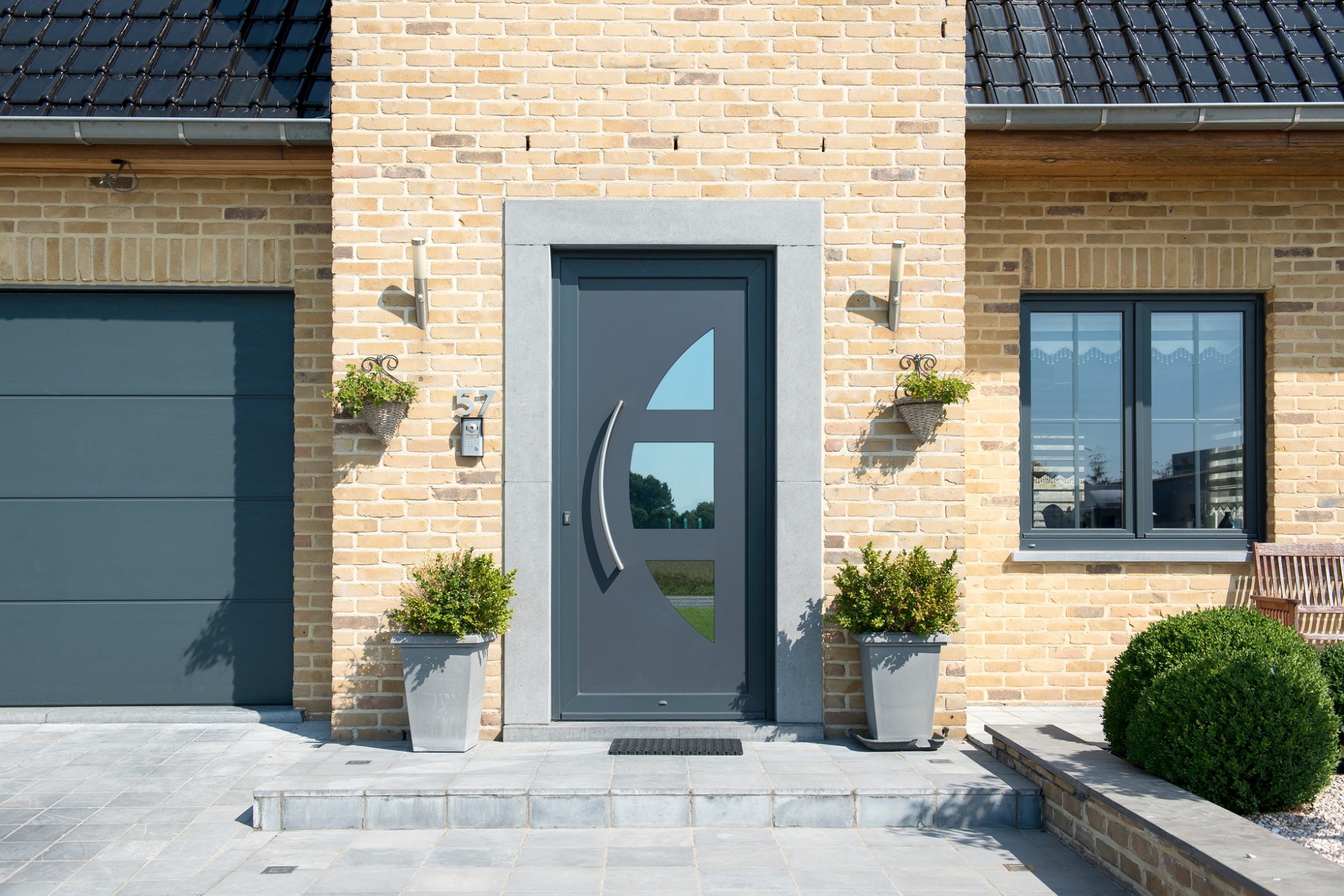Roam Reveals Räum Relationship
When fabricator Dekko went roaming around the market looking for new options, it found Deceuninck Aluminium could provide profile to manufacture products...
Read Full Article
Composite doors that bow and warp are a constant headache for installers. Kurt Greatrex at Dekko Window Systems discusses a product that could drive the problem away.
He writes: Offering strength and durability, thermal efficiency and noise reduction, composite doors have become a popular choice for homeowners. Add to that the fact that they’re affordable and require very little maintenance and it’s easy to see why customers choose composite for their home improvement upgrades.
Yet, despite the benefits, composite doors do unfortunately have a reputation for warping.
Expensive remedial
Warping is an expensive problem to repair and can lead the need to replace the door entirely. It can deter homeowners from buying composites altogether if a neighbour or friend has had such a problem.
Why do composite doors warp?
Essentially, composite doors can bow or warp if they are put under too much thermal stress, which usually happens when the temperature inside the home is dramatically different to the temperature outside.
For example, if the sun is shining directly onto the outside of the door, it could cause the door to be significantly warmer compared to the inside. Alternatively, if there’s a radiator installed near the door, the inside would be very warm compared to the outside.
Whichever way around, a difference in temperature means that the door is trying to do two things at the same time – expand because it’s warm and contract because it’s cold. And it’s these two stresses happening simultaneously that if not managed properly, can cause the door to warp.
How do we overcome the problem?
Installers will know that a common way to avoid composite warping is by simply remembering to close the door properly.
For maximum support, homeowners are often advised to ‘throw the handle’ when the door is fully closed, ensuring that the top and bottom hooks are fully engaged – which offers a resistance to the thermal movement by holding the door tightly in the frame.
While this method has been proven to work, a more sure-fire way of preventing warping is by simply designing the door differently in the first place.
Decalu
This is why Dekko has invested in the Decalu 88 entrance door, a contemporary, 88mm thermally efficient system. Decalu 88’s most impressive feature is its use of special ABS inserts, which adapt to temperature change and allow the internal and external faces to expand and contract independently of one another, limiting bowing and warping and removing limitations on the door design including the specification of dark colours.
Even when the door is subjected to temperatures as high as 80ºC, bowing is limited to just 2.5mm, while at the other end of the scale, the temperature can drop to as low as -30ºC and Decalu’s design means that it will not deflect more than 3.5mm.
Dekko has a long-standing relationship with Deceuninck, so to now be benefitting from Decalu, Deceuninck’s aluminium range, is brilliant.
Picture: A new door from Dekko prevents warping it is claimed.
Article written by Kurt Greatrex
20th April 2023